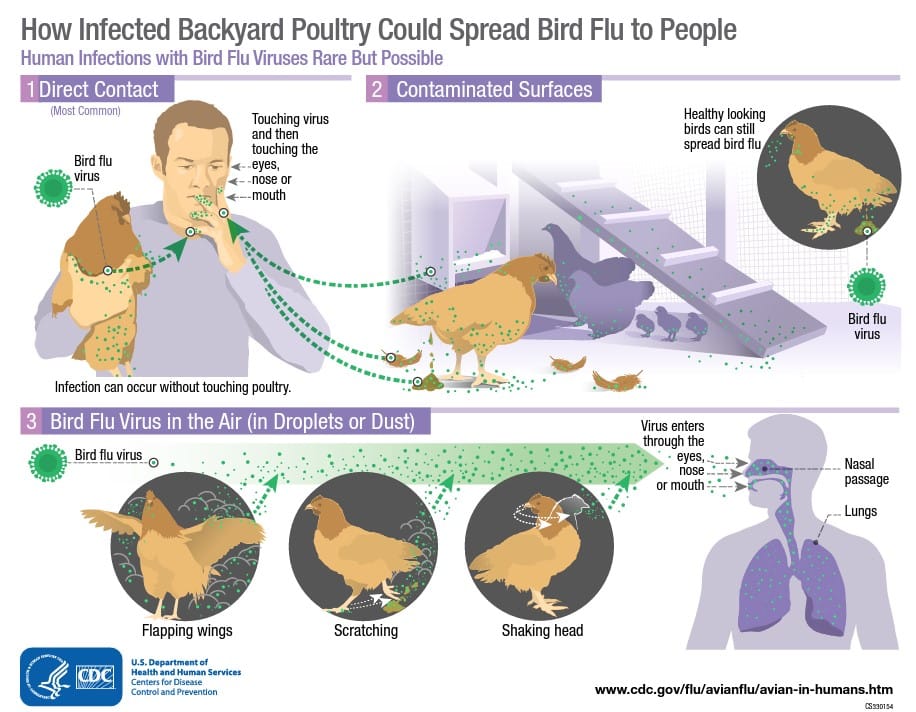The US Department of Agriculture (USDA) has ordered a nationwide screening of the country’s dairy farms for the H5N1 avian influenza virus, also known as bird flu. The decision comes as a precautionary measure to protect both human health and the agricultural industry from the potential risks associated with the virus.
According to the USDA, the testing program will involve collecting and analyzing samples from dairy farms across the country. The agency has developed a comprehensive plan to ensure the efficient and effective implementation of the testing program, which will be carried out in collaboration with state and local authorities.
The USDA has emphasized that the risk of transmission of the H5N1 virus from birds to humans is low, but it is essential to take proactive measures to prevent any potential outbreaks. The agency has also assured the public that the testing program will not disrupt the supply of dairy products, and consumers can continue to purchase and consume dairy products with confidence.
The decision to implement a nationwide testing program for bird flu was made after several outbreaks of the virus were reported in the United States in recent years. The most significant outbreak occurred in 2015, when the virus was detected in 21 states, resulting in the loss of over 50 million birds.
The economic impact of the outbreak was significant, with the poultry industry suffering losses estimated at over $3 billion. The USDA has acknowledged that the outbreak highlighted the need for improved preparedness and response measures to mitigate the risks associated with avian influenza.
The testing program for dairy farms is part of a broader effort by the USDA to enhance the country’s preparedness and response to avian influenza outbreaks. The agency has also developed a comprehensive plan to respond to potential outbreaks, which includes measures such as surveillance, reporting, and containment.
The USDA has also emphasized the importance of collaboration and coordination with state and local authorities, as well as other stakeholders, including the poultry and dairy industries, to ensure the effective implementation of the testing program.
In addition to the testing program, the USDA has also implemented several other measures to prevent the spread of avian influenza, including restrictions on the movement of birds and poultry products, and enhanced biosecurity measures on farms.
The testing program for dairy farms is expected to be completed within the next few months, and the results will be made publicly available. The USDA has assured the public that the testing program will be transparent and that any findings will be communicated promptly.
The USDA has also encouraged dairy farmers to take proactive measures to prevent the spread of avian influenza on their farms. This includes implementing enhanced biosecurity measures, such as restricting access to farms, disinfecting equipment, and ensuring that all birds are vaccinated against the virus.
The testing program for dairy farms is a significant step towards enhancing the country’s preparedness and response to avian influenza outbreaks. By taking proactive measures to prevent the spread of the virus, the USDA is helping to protect both human health and the agricultural industry from the potential risks associated with bird flu.
In conclusion, the USDA’s decision to implement a nationwide testing program for dairy farms is a prudent measure to protect both human health and the agricultural industry from the potential risks associated with avian influenza. The testing program is part of a broader effort by the agency to enhance the country’s preparedness and response to avian influenza outbreaks, and it is expected to provide valuable insights into the prevalence of the virus in the dairy industry.



